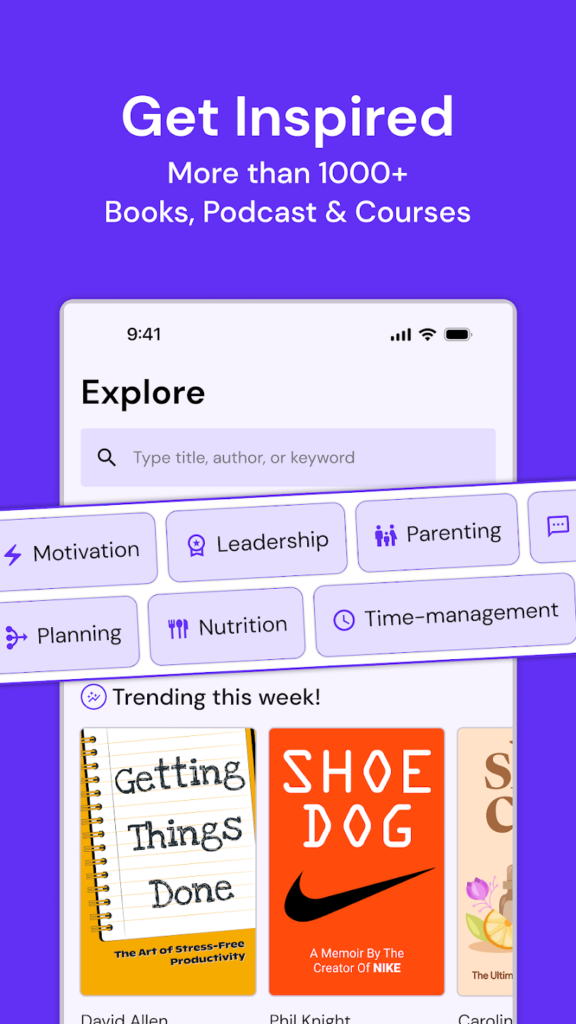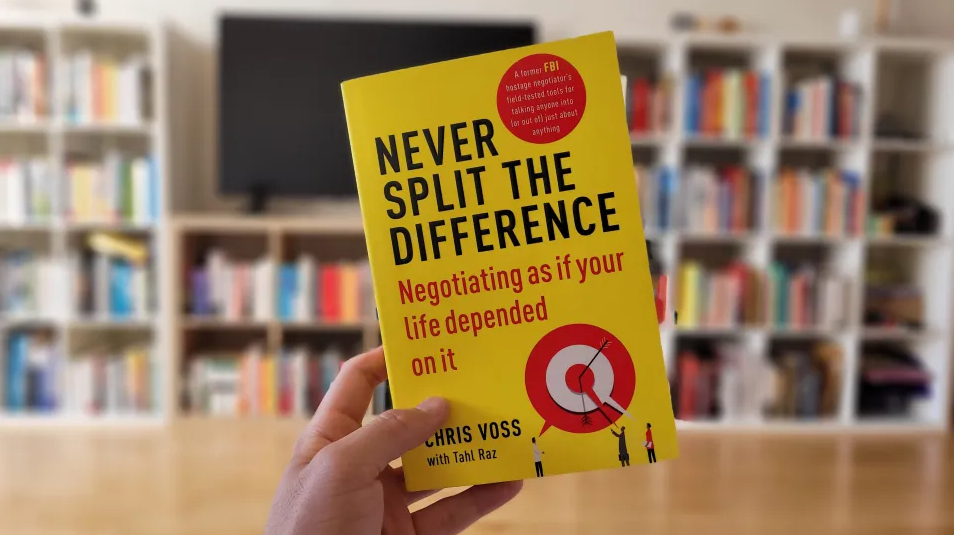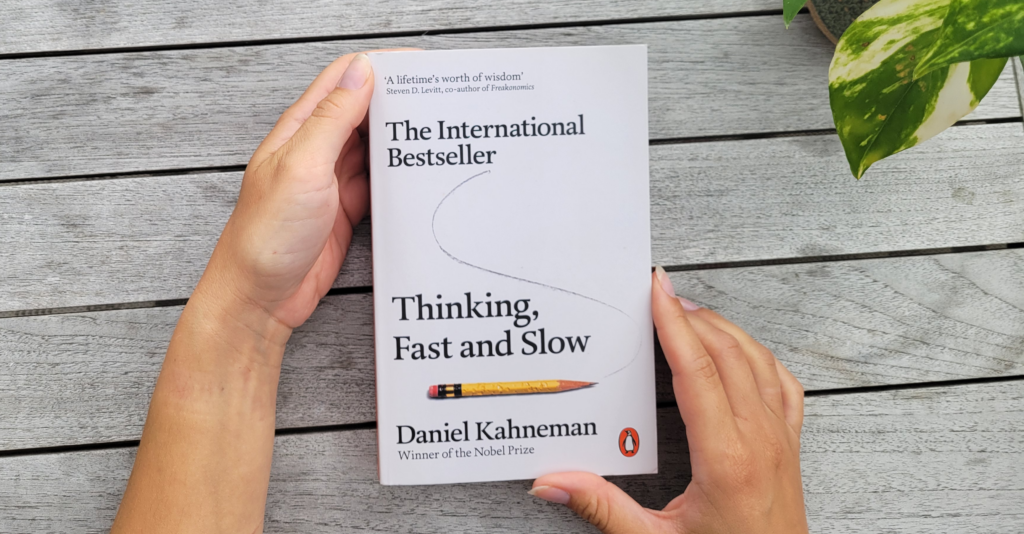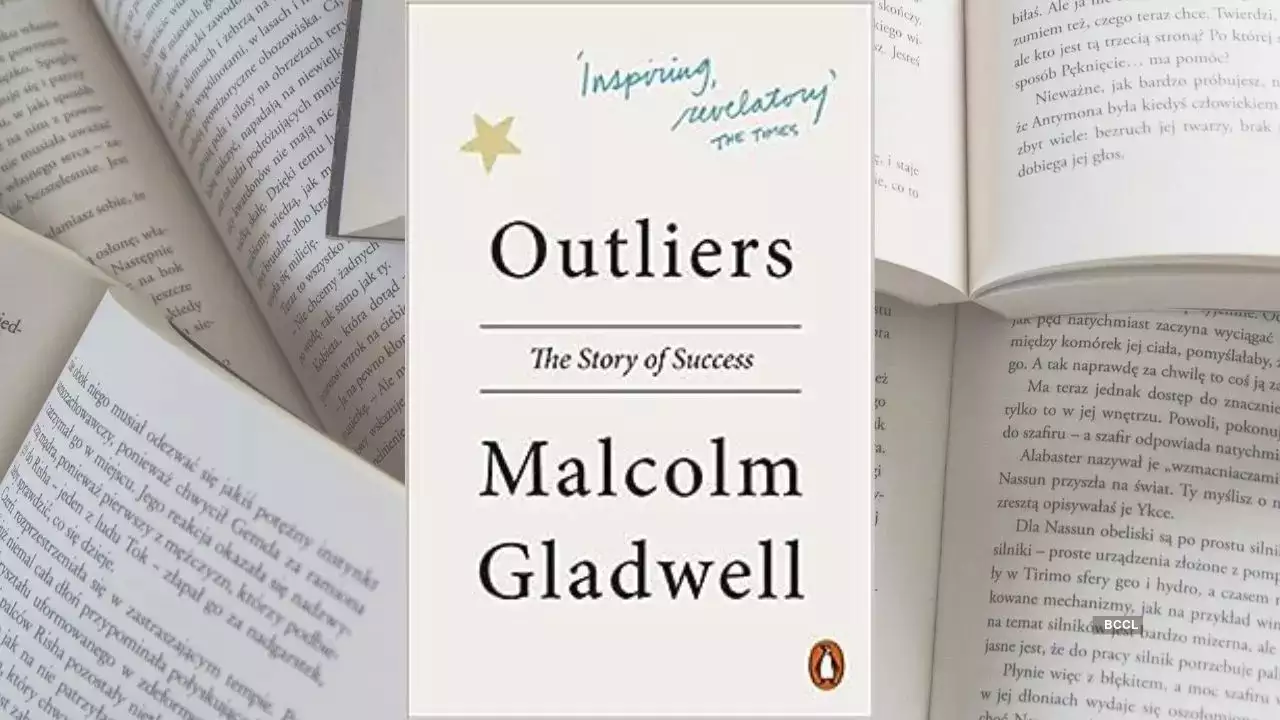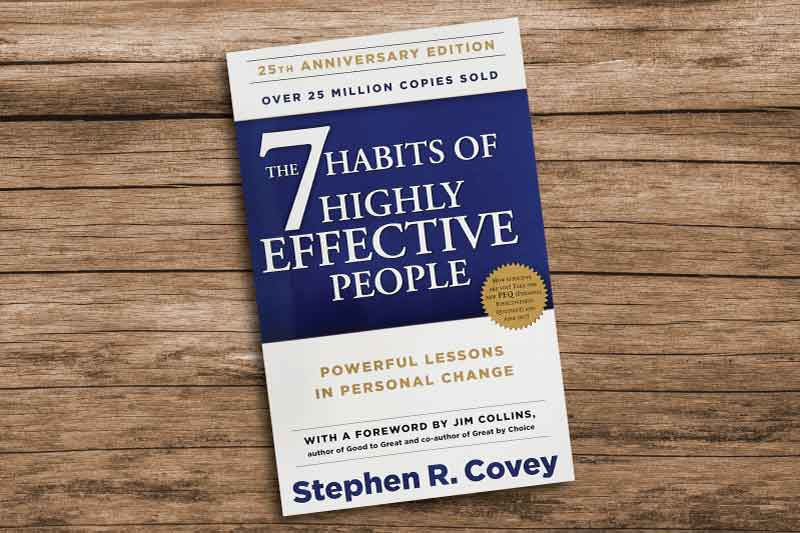
In a world where doom scrolling is the new norm, Hans Rosling’s Factfulness (2018) comes as a breath of fresh, data-driven air. If you haven’t read it yet, here’s the scoop: Rosling and his team tell us that the world is actually in much better shape than we think (yes, even though it doesn’t always feel like it when you’re stuck in traffic). Using statistics and common-sense reasoning, Factfulness takes aim at our persistent global pessimism and, quite frankly, dismantles it. It’s a fact-filled journey that leaves you feeling surprisingly optimistic, equipped with charts and numbers that help you see beyond the daily headlines of gloom. If you’re nodding along, thinking, “Yes! More of this, please!”—then you’re in the right place.
The beauty of Factfulness is that it doesn’t just give you information; it changes how you see the world. But one book can’t cover it all, can it? There are tons of other gems out there that explore similar themes of data, human behaviour, and how we can learn to be just a bit more rational in this wild world of ours. If you’re hungry for more brain food after Factfulness, keep reading. I’ve rounded up ten brilliant books that offer deep dives into statistics, history, psychology, and even a little Greek mythology for good measure. Oh, and they all come with a healthy dose of reality – minus the gloom.
So buckle up, grab your calculator (or just your brain), and get ready to dive into the world of data-driven enlightenment. These books will help you see through the noise, find the facts, and maybe even impress your friends at your next dinner party.
King Leopold’s Ghost by Adam Hochschild (1998)
Okay, we’re kicking things off with a bit of history. King Leopold’s Ghost takes you to the Congo Free State, where King Leopold II of Belgium was busy committing atrocities while the world mostly looked the other way. Hochschild uses historical accounts, economic data, and personal stories to show how power and manipulation can keep the truth hidden for decades. It’s a stark reminder that even facts can be twisted when those in charge control the narrative. So if you want to understand how misinformation has played a role in shaping our world, this is a must-read. Plus, it might make you feel better about today’s media landscape – just a little.
Amusing Ourselves to Death by Neil Postman (1985)
In a world where TikTok trends seem to matter more than, say, climate change, Neil Postman’s Amusing Ourselves to Death hits harder than ever. Postman argues that television (and now, by extension, all digital media) has turned everything into entertainment, even the serious stuff. The result? We consume news in soundbites and skim headlines, missing the deeper truths. If you liked how Factfulness gave you tools to separate real information from the noise, Postman will show you just how hard that task has become in our media-saturated world. Fair warning, though: this one might make you want to throw your TV out the window.
The Art of Statistics by David Spiegelhalter (2019)
Now, let’s get into some serious number-crunching. The Art of Statistics is for anyone who, after reading Factfulness, thought, “I should really understand statistics better.” David Spiegelhalter is like the cool maths teacher you wish you’d had in high school. He makes stats fun (yes, fun!) by walking you through real-world examples like medical risks, sports, and elections. By the end of this book, you’ll feel like you can spot dodgy statistics from a mile away – and trust me, they’re everywhere. Whether you’re a data nerd or just trying to sound smart at your next Zoom meeting, this book is your new secret weapon.
Invisible Women: Exposing Data Bias in a World Designed for Men by Caroline Criado Perez (2019)
While Factfulness gives you the big picture, Invisible Women zooms in on a glaring blind spot: the gender data gap. Caroline Criado Perez shows how women have been systematically left out of data collection across everything from healthcare to city planning, leading to some pretty serious consequences. It’s an eye-opener that will make you question just how inclusive the data we rely on really is. And the stats? They’re jaw-dropping. If you’ve ever wondered why your phone feels like it was designed for someone else’s hands, this book has the answer. Spoiler alert: it probably was.
Hello World: Being Human in the Age of Algorithms by Hannah Fry (2018)
Feeling like algorithms are taking over your life? You’re not alone, and Hannah Fry’s Hello World tackles that exact anxiety. From healthcare to policing, algorithms are becoming increasingly powerful, but Fry shows us the trade-offs involved when we rely too heavily on data-driven decision-making. Like Factfulness, this book asks us to look critically at the information we’re given and remember that behind every algorithm is a human who designed it – flaws and all. Plus, Fry’s writing is witty and accessible, so you’ll be chuckling even as you contemplate the rise of our robot overlords.
The Numbers Game: The Commonsense Guide to Understanding Numbers in the News, in Politics, and in Life by Michael Blastland and Andrew Dilnot (2008)
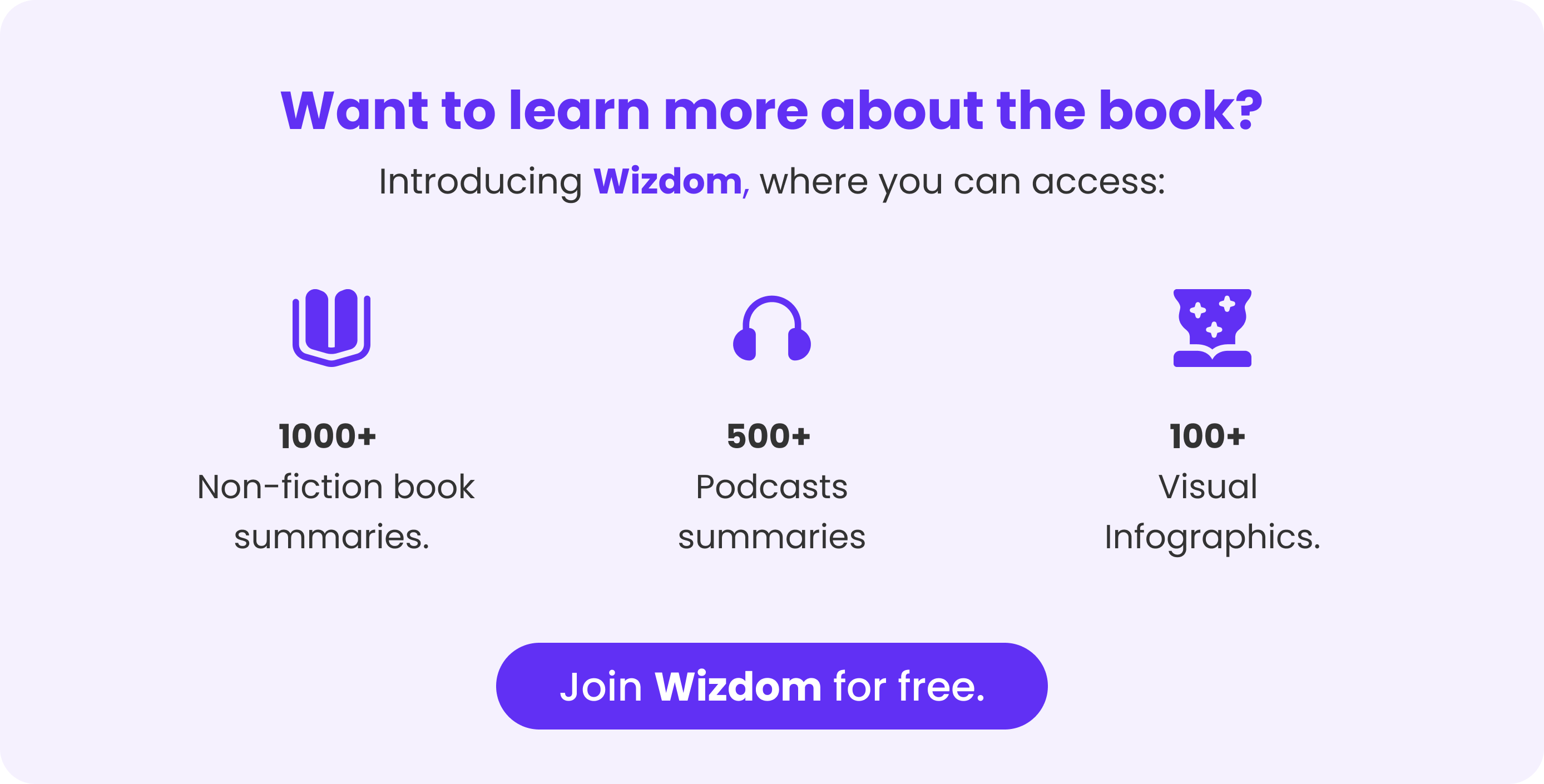
The Numbers Game is for everyone who’s ever been baffled by the stats thrown around in the media (which is, let’s face it, most of us). Michael Blastland and Andrew Dilnot break down how numbers can be manipulated to fit any narrative and teach you how to spot when something doesn’t quite add up. Whether it’s a politician quoting unemployment rates or a social media post on the latest health trend, this book will help you sift through the nonsense and find the facts – without needing a PhD in statistics.
The Righteous Mind: Why Good People Are Divided by Politics and Religion by Jonathan Haidt (2012)
Ever wondered why people can look at the same data and come to wildly different conclusions? Jonathan Haidt’s The Righteous Mind dives deep into the psychology behind our moral and political beliefs. He explains why humans are so deeply divided by politics and religion, even when the facts are staring us in the face. If Factfulness had you scratching your head, wondering why people still cling to outdated or false beliefs, Haidt’s exploration of moral psychology will help shed some light on the matter. Plus, you’ll get a better understanding of why your Thanksgiving dinner always ends in a heated debate.
Thinking, Fast and Slow by Daniel Kahneman (2011)
If you haven’t yet read Daniel Kahneman’s Thinking, Fast and Slow, stop everything and grab a copy right now. This book is all about how we think – and how we often get it very, very wrong. Kahneman explains the two systems of thinking: one that’s fast and intuitive, and another that’s slow and deliberate. Spoiler: we rely way too much on the fast one. After reading this, you’ll understand why so many of us struggle to grasp data correctly and why even the smartest among us fall into the trap of cognitive biases.
Mythos by Stephen Fry (2017)
Stephen Fry’s Mythos might seem like an odd choice on this list, but hear me out: stories and myths shape our worldview just as much as facts do. Fry takes us through the Greek myths with humour and flair, showing how these ancient tales still influence modern thinking. It’s a reminder that facts aren’t the only thing that shape human behaviour – narratives matter, too. Plus, Fry’s retelling of the myths will have you laughing out loud. Because sometimes, even when you’re knee-deep in statistics, you need a good laugh.
The Happiness Advantage: How a Positive Brain Fuels Success in Work and Life by Shawn Achor (2010)
To wrap things up on a positive note, we’ve got Shawn Achor’s The Happiness Advantage. This one’s all about how happiness fuels success – not the other way around. Achor uses data from psychology and neuroscience to prove that a positive mindset can improve everything from your career to your health. While Factfulness shows us that the world is doing better than we think, The Happiness Advantage shows us that we can train our brains to feel better about it, too. It’s the perfect follow-up if you’re looking to use your newfound fact-based optimism to power through life’s challenges.
If Factfulness left you with a thirst for more data-driven insights, these books are the perfect way to quench it. They’ll help you understand the world through a fact-based lens, challenge your preconceptions, and maybe even give you a few chuckles along the way.
And if you’re short on time but still want to dig into these ideas, why not check out Wizdom? With bite-sized summaries of all your favourite self-help books (including these gems), it’s like a personal brain boost you can take with you on the go. Dive into the facts, challenge your biases, and maybe even impress your friends at your next trivia night. Because let’s be real – who doesn’t love a good fact, especially when it helps you see the world a little clearer and, dare I say, with a bit more optimism?

Zia Hawwa
Currently pursuing a Degree in Criminology, Zia’s passions lie in the world of literature and the human psyche. She loves what the world has to offer, and is always on the journey of satisfying her curiosity.

Top 10 Books like The Lean Startup
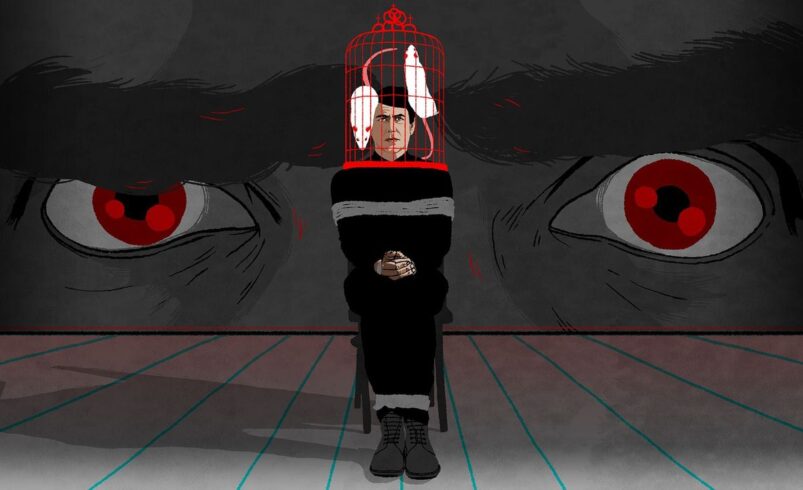
Top 10 Books like 1984
Recent Posts
- 25 Top Quotes from The 10X Rule to Supercharge Your Ambition
- 10 Books You Must Read to Succeed in Your Career
- 30 Little Tricks for Big Success in Relationships
- 25 Life-Changing Self-Help Books to Read This December: Boost Your Mood and Your Mind
- 25 Amazing Self-Care Tips for December: Wrap Yourself in Joy, Not Stress

